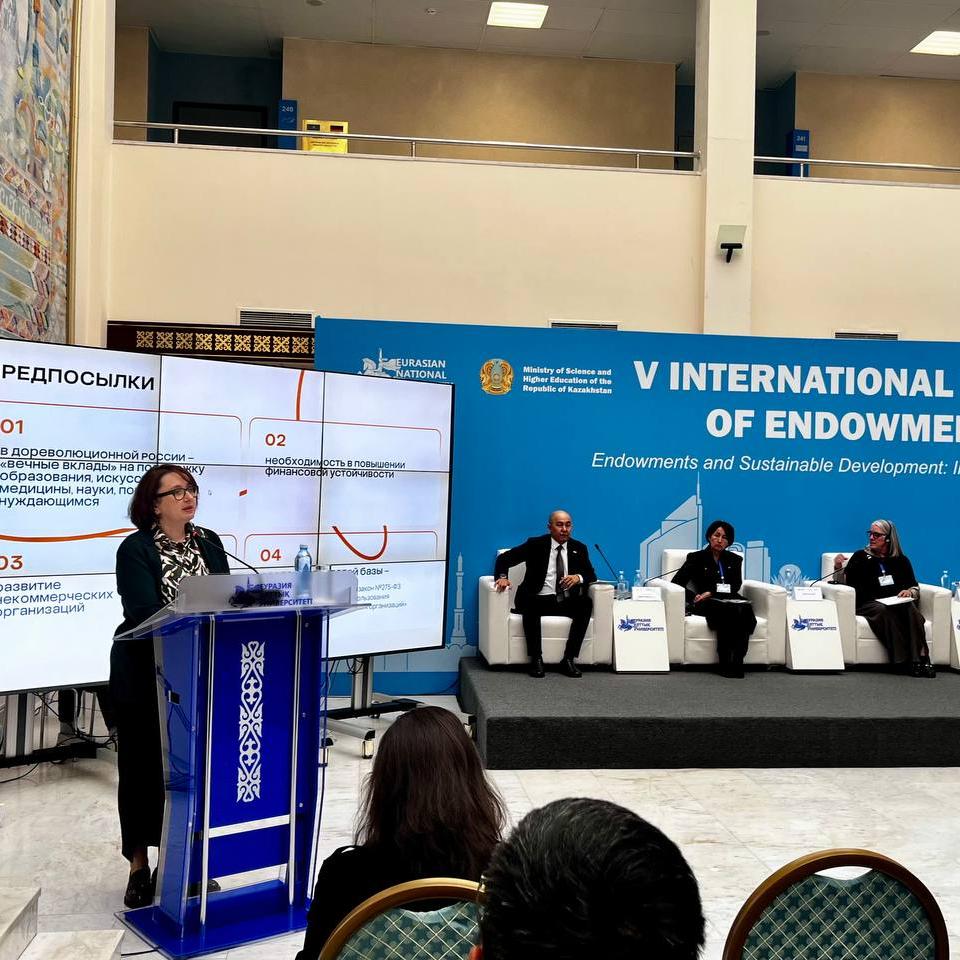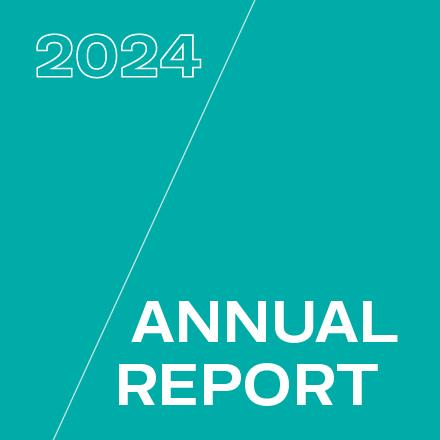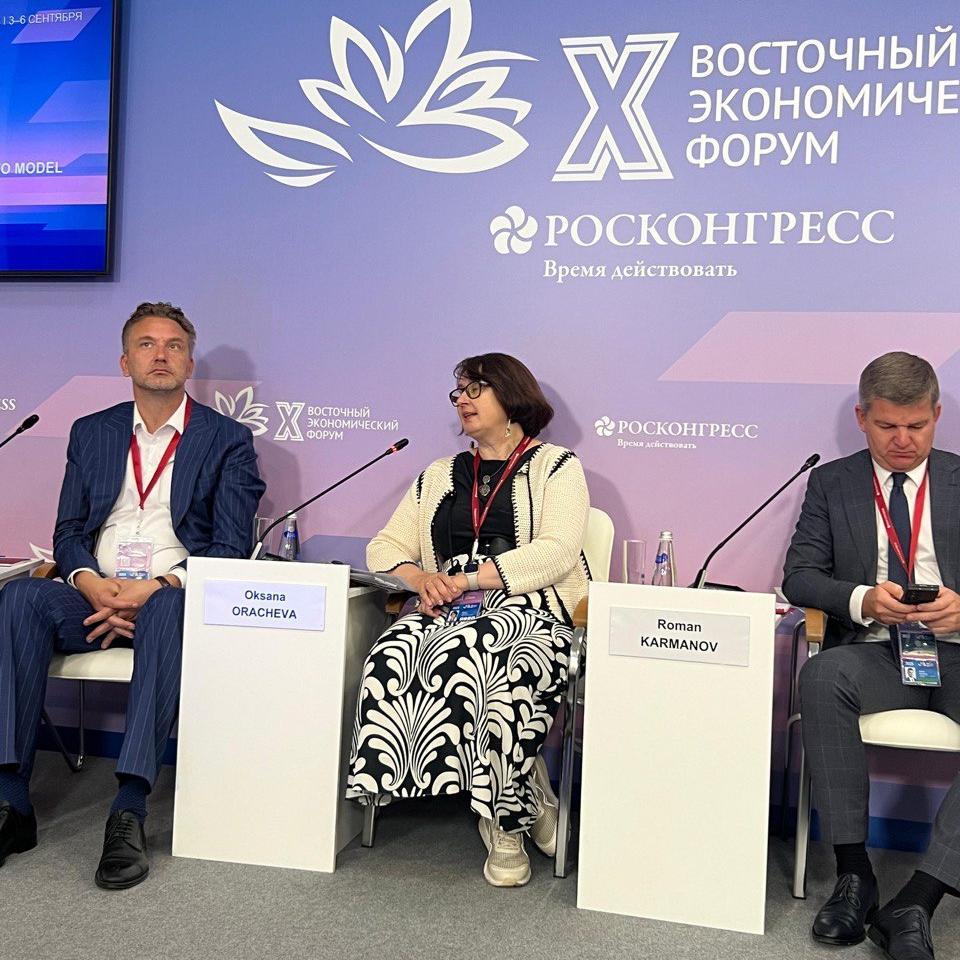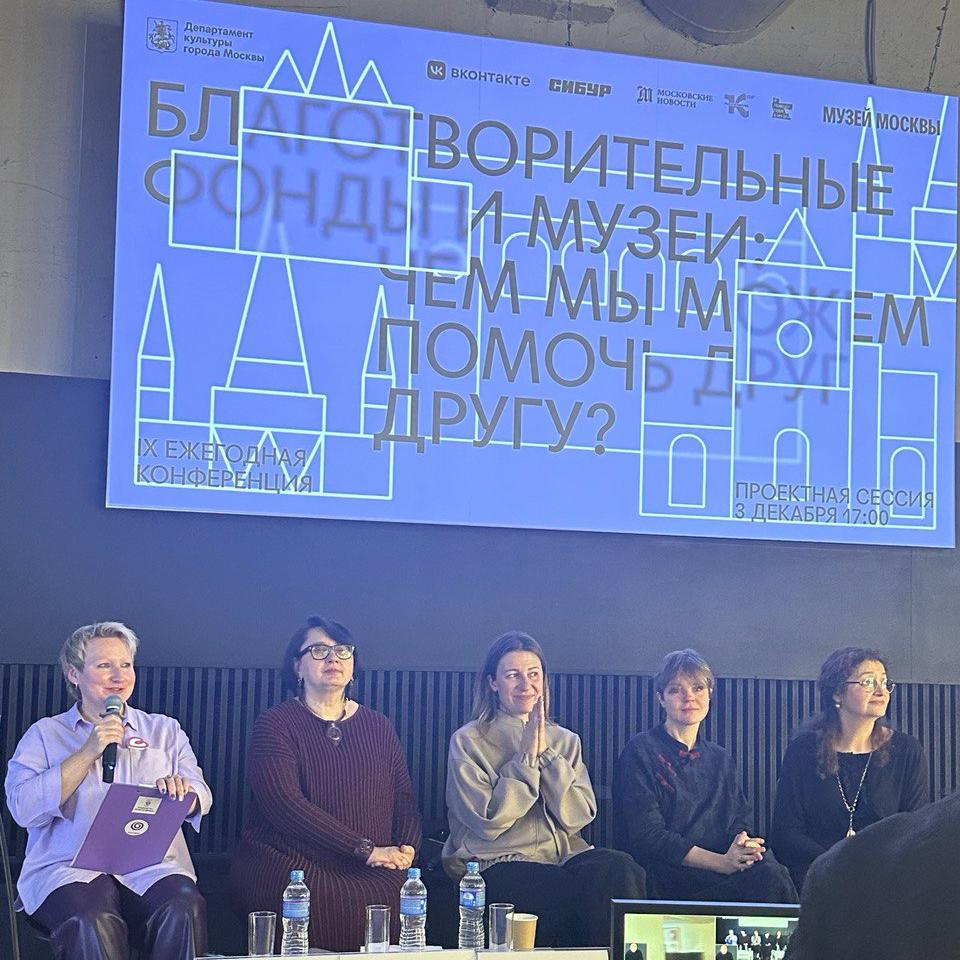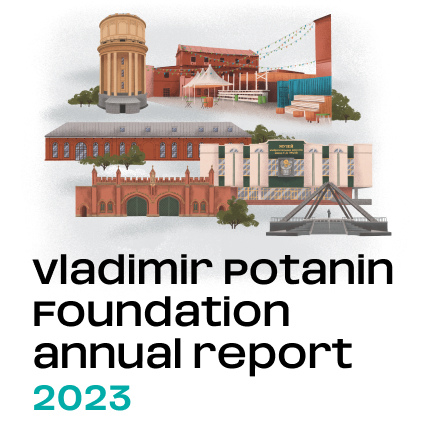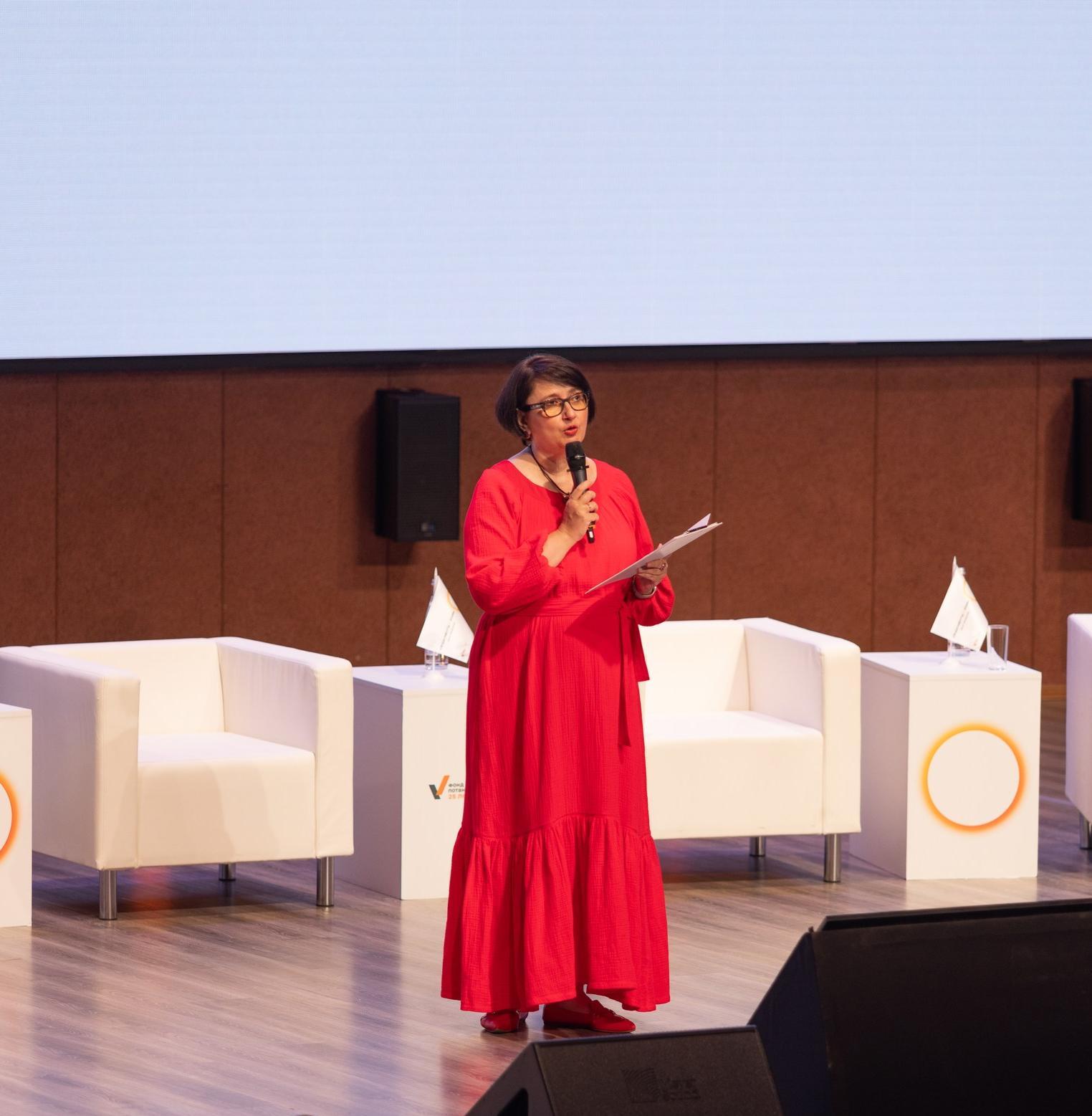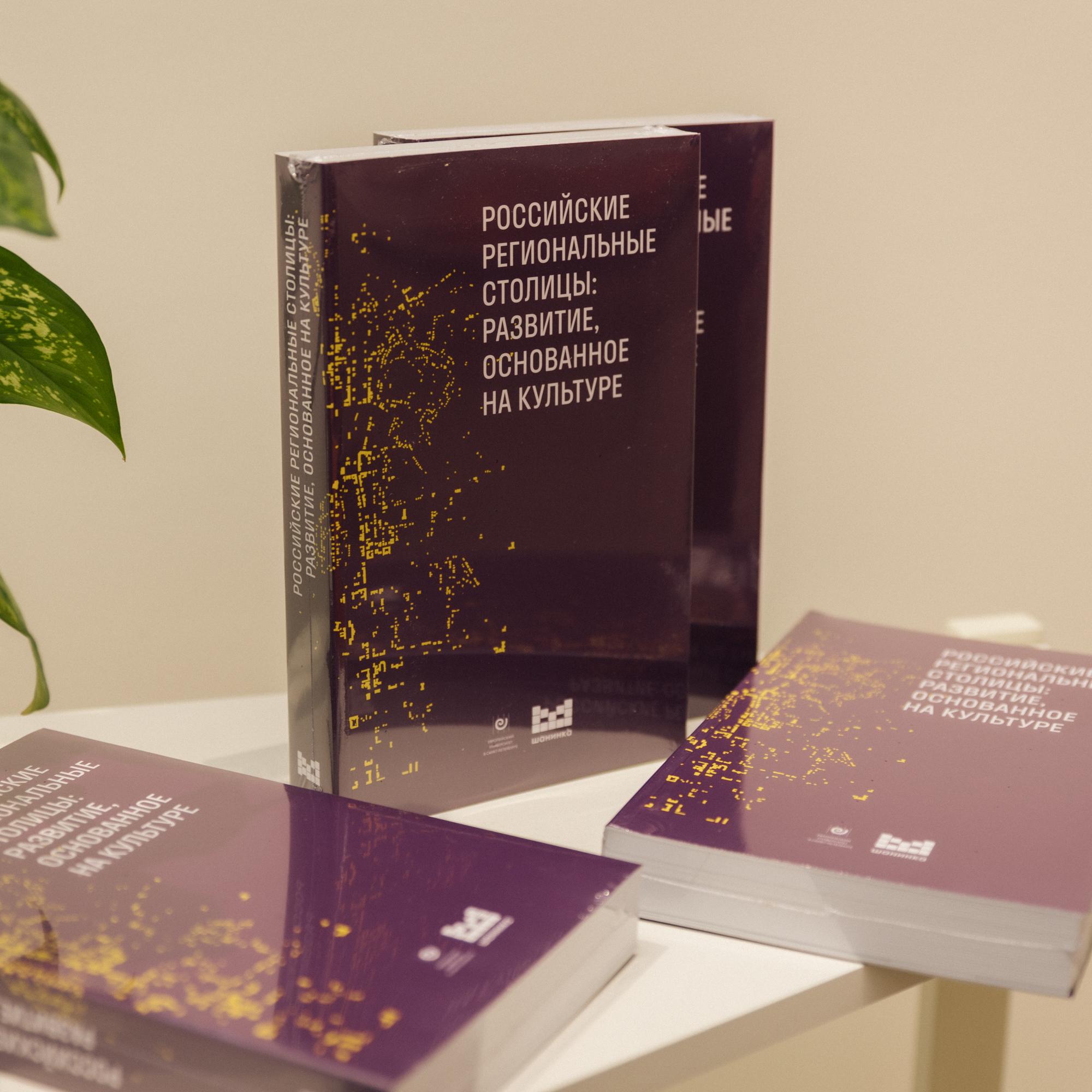Ilya Abakumov is a representative of the Regional Sports Public Organization "Skateboarding Federation of Arkhangelsk Region" and the winner of the "Sports for All" competition held by the Vladimir Potanin Foundation with the project "Street Culture School." This initiative aims to develop street sports in the Arkhangelsk region.
Several studies show that at the age of 10-12, teenagers often drop out of sports sections that their parents enrolled them in during childhood. They are expected to achieve high performance, while the young athletes find the process itself more interesting. Trying something new can be intimidating, as some sports are believed to be too late to start at the age of 10-12. Consequently, children and teenagers have more free time, which they prefer to spend actively, often gathering in the neighborhood with friends. This could have negative consequences and lead them towards the “dark side” of the streets – for instance, alcohol consumption, illegal substances, and delinquent behavior. This is where street sports can come to the rescue since activities like riding a scooter or skateboard can be learned at any age!
The needs of the street sports enthusiasts community are quite simple — the desire to ride, perform tricks, and enjoy the process. However, fulfilling these needs requires costly infrastructure, such as skate parks. The "Street Culture School" allowed attracting the necessary resources - just six months after the project's launch, with the support of the Governor of the Arkhangelsk Region and the Skateboarding Federation of Russia, the first and only concrete skate park in the region was established in Arkhangelsk. A year later, the team managed to open an indoor skate park at the Arkhangelsk Youth House.
The "Street Culture School" has significant potential for the socialization of youth and teenagers, as well as the prevention of negative behavior in their environment, as it offers healthy recreational options.
Thanks to the Vladimir Potanin Foundation’s grant, the team of the "Street Culture School" was able to purchase sports equipment for classes (BMX bikes, skateboards, scooters, aggressive rollerblades), as well as photo and video equipment for creating videos, and therefore attracting a larger audience to the project. They were able to conduct workshops, competitions, and open-door events. Most importantly, winning the "Sports for All" competition assured the team that they are engaged in meaningful work.
Since the launch of the "Street Culture School," it has attracted over 500 children aged 6 to 18, with more than 150 of them remaining in the community and finding themselves in extreme sports or related areas. Initially, the project was aimed at the 6-18 age group, but now the initial figures have been surpassed, and people aged 18 to 35 regularly attend the classes.
Currently, the project holds weekly training sessions for youth aged 6 to 35 in sports such as scootering, BMX freestyle biking, roller sports, and skateboarding. To immerse participants in street culture, almost every week, the project conducts master classes in various disciplines, including slacklining, rock climbing, fingerboarding, socks, streetball, building structures for extreme sports, craft design of sports equipment, graffiti, balance boards, video and photo shooting of tricks, breakdancing, hip-hop, yo-yo, and many other activities.
Every three months, final competitions are held among newcomers, enthusiasts, and professionals in extreme sports. This helps bring together both young and experienced riders, further uniting the "new" school with the "old." In such an atmosphere, healthy competition takes place, providing a strong support system that inspires further athletic progress.
A close communication has been developed between experienced riders and newcomers, and initiative-driven individuals with interesting ideas have started to emerge. It is valuable that they increasingly turn to the project team for help and advice, indicating their trust in the mentors' experience.
Moreover, the "Street Culture School" has managed to inspire athletes who had previously paused their training to start again. Now, they are getting back into shape and inspiring other youngsters to try their hand at street sports.
The most important aspect when working with teenagers, according to Ilya, is maintaining a balance so that each young athlete can experience the street atmosphere and carefree spirit of the neighborhood while also developing themselves as individuals. They work on their mistakes and learn to build constructive relationships with friends and mentors.
